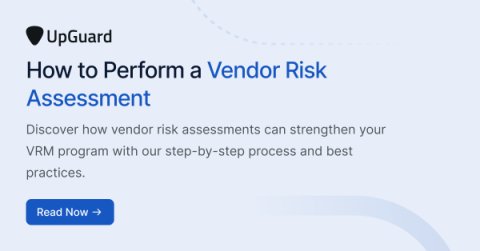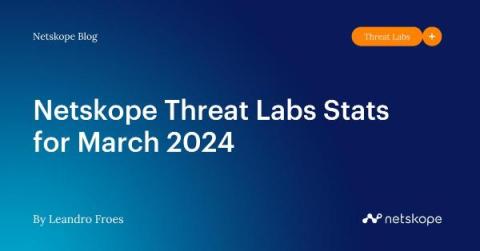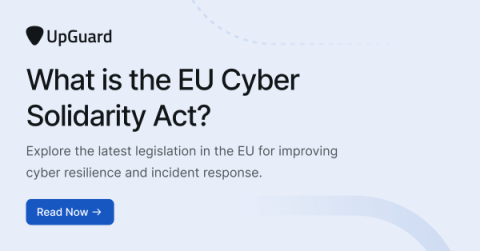How to Perform a Vendor Risk Assessment
Vendor risk assessments are critical for any organization that relies on third-party vendors. Third-party risk can negatively affect an organization’s security, compliance, and performance, resulting in devasting security breaches or disruptions in its supply chain that halt business operations. Organizations use vendor risk assessments to evaluate and manage third-party vendor risks associated with outsourcing business operations or procuring goods from external suppliers.











